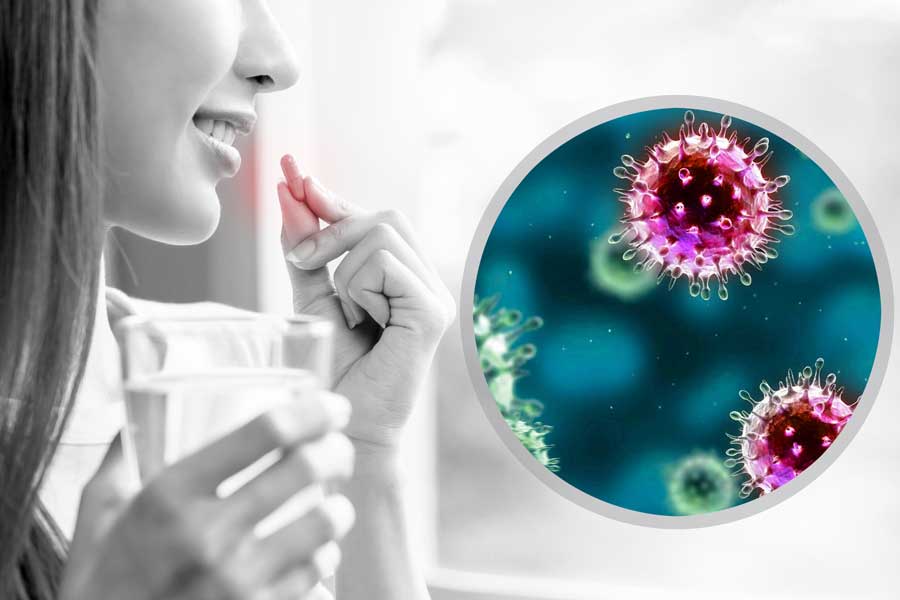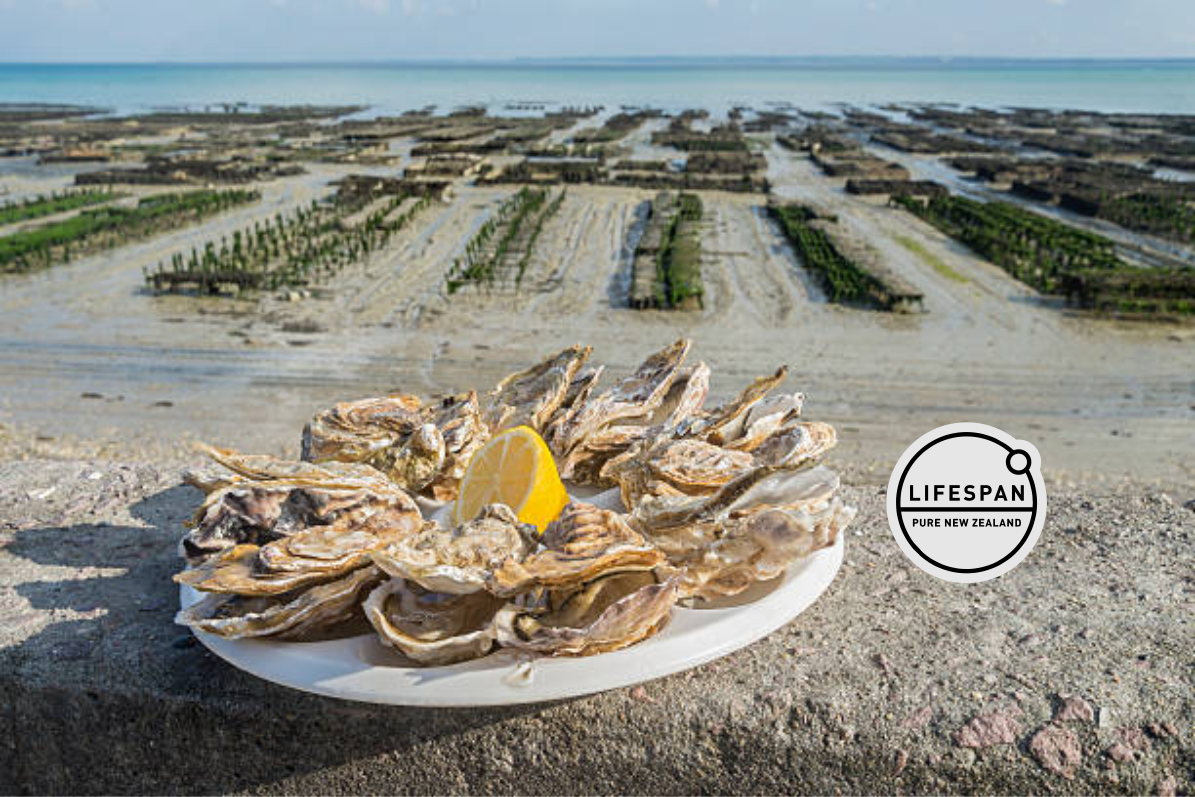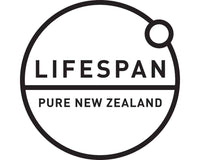
Natural Zinc Supplement
Lifespan's Oyster Extract is a natural supplement to support to your health with essential zinc and marine nutrients.
It supports immunity, enhances skin health, and promotes overall vitality. Simple, effective, and naturally derived.
Recent posts
-

-
 Natural Zinc Supplement | Oyster capsulesBy Ben Winters
Natural Zinc Supplement | Oyster capsulesBy Ben Winters -
 Oyster Extract Support for Immune System FunctionBy Ben Winters
Oyster Extract Support for Immune System FunctionBy Ben Winters

About the Author
Ben Winters, a prominent authority in the field of natural marine supplements, brings his extensive marine biology expertise and a strong commitment to health and wellness to the Lifespan team.
His deep understanding of marine nutrients and their role in health places him at the forefront of guiding Lifespan's high-quality supplements.
Ben's ongoing pursuit of research and knowledge-sharing enriches Lifespan's products and educates the community via informative blog posts.

The History of Oyster Supplements
By Ben Winters
Oysters have a historical reputation for their health support effects when eaten, recently oyster supplements have emerged as a more convenient way to take advantage of these.
Once only seen on the dining tables of the rich, oysters have now been transformed into nutrient-dense supplements. The history of oyster supplements is interesting, as is the intricate process of their production, the various options available, and the comprehensive health benefits they bring to the table.
The origin of oyster supplements is an interesting tale of evolution, from ancient nutritional staple to modern health phenomenon.
The medicinal use of oysters dates back thousands of years. Ancient civilisations such as the Greeks and Romans not only savoured oysters for their taste but also recognised their therapeutic potential.
They were consumed for their vitality-enhancing qualities, particularly lauded for improving reproductive health and overall vigour. It was common for these ancient cultures to recommend oysters for a variety of health issues, suggesting that they were aware of their nutritional benefits.
In the late 19th and early 20th centuries, the scientific community began to unravel the specific nutrient profile of oysters. With the advent of modern nutritional science, researchers identified the high concentrations of zinc, essential amino acids, and other minerals in oysters.
However, it wasn't until the mid-20th century that we saw the potential of oysters captured in a supplement form.
In the 1940s and 1950s, as public interest in dietary supplements surged, companies started to explore more exotic ingredients, including oysters. The post-war era saw a boom in health-consciousness, with the population seeking ways to improve their quality of life through diet and supplements.
The real turning point came in the latter half of the 20th century. Technological advancements in food processing and preservation made it possible to extract and retain the delicate vitamins and minerals from oysters without compromising their integrity.
The freeze-drying process, in particular, allowed the nutritional profile of oysters to be maintained in a stable form that was convenient for consumers to take.
By the 1970s and 1980s, oyster supplements had firmly established their niche in the health market. No longer were the benefits of oysters confined to those near the sea or those with the wealth to afford fresh oysters; they could now be accessed by anyone in the form of a supplement.
Now we are in the 21st century, and the demand for natural and sustainable health products has catapulted oyster supplements to the forefront of the supplement industry.
With a greater understanding of trace minerals and their role in human health, along with a burgeoning wellness culture, oyster supplements are now seen not just as a source of zinc but as a holistic health support option.
As the demand for these supplements grew, the need for a sustainable and reliable source of oysters became evident.
Wild oysters can be harvested from their natural beds in coastal waters. These beds are often centuries old and are part of the marine ecosystem's complex structure.
Wild oysters bring a different dimension to the table, quite literally. They are subject to the natural variances of the ocean, which can influence their mineral content. However, harvesting them requires stringent regulation to prevent overfishing and ensure sustainability.
Oyster farming therefore becomes a more logical way to ensure a consistent supply, and is a practice that has ancient roots, but has been refined and scaled up to meet modern needs.
Through farming, or aquaculture, oysters are carefully raised in controlled marine environments that closely mimic their natural growing conditions.
Farming offers several advantages. It ensures a consistent and sustainable supply of oysters, mitigating the impact on wild populations. Farmed oysters can also be monitored and managed to guarantee optimal health and nutritional quality. The conditions they're raised in are meticulously controlled to avoid contamination, resulting in a pure product that's ideal for supplement creation.
Oyster farmers carefully select areas known for their clean, nutrient-rich waters, providing an ideal setting for oysters to thrive. These conditions are crucial as oysters are bioaccumulators; they absorb and concentrate minerals from their surroundings.
This is where farmed oysters have an advantage, their growing conditions can be monitored and controlled to optimise their nutritional profile.
Once mature, both farmed and wild oysters are harvested and undergo a series of processing steps designed to preserve their rich nutritional profile.
The harvested oysters are then meticulously cleaned and shucked. This initial stage is critical; any compromise in cleanliness can affect the final product's purity. Following this, the oysters are prepared for nutrient extraction.
In the past, oysters were dried and ground into powders for medicinal purposes. Today, this method has been refined through technological advancements. The oysters are processed via a gentle low-temperature drying method, often freeze-drying, which preserves the integrity of heat-sensitive nutrients like omega-3 fatty acids, vitamins, and amino acids. This dried oyster supplement form is favoured for its long shelf life and concentrated nutrient content.
For those who prefer liquid supplements, oyster oil is also available. This is typically derived from the oyster's flesh through a process that extracts the oil without damaging the delicate omega-3s. The result is a potent, bioavailable supplement that carries the essence of oysters in a form that is easy for the body to assimilate.
Whether in dried form or as an oil, the production of oyster supplements is done with an eye on preserving the natural profile of the nutrients. High-quality oyster supplements are marked by their purity and lack of unnecessary additives, ensuring that the health benefits of the oysters are delivered in the most potent and natural form possible.



